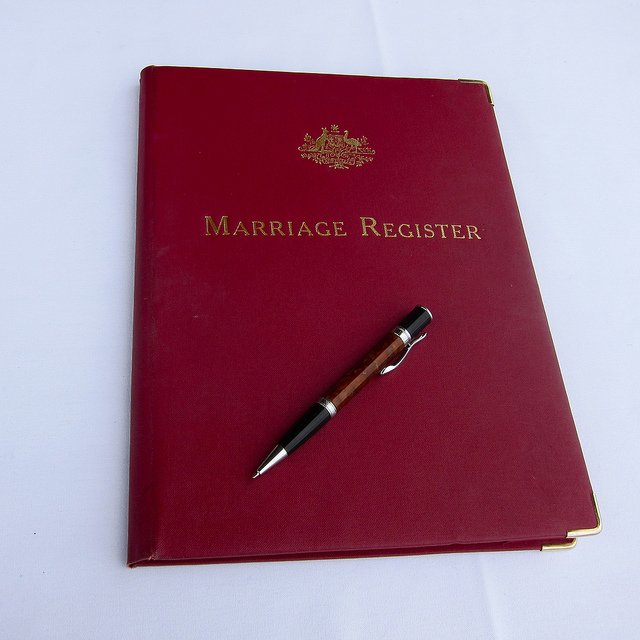How interesting to learn about the new rules that will govern couples in England and Wales who have been in a Civil Partnership who wish to change (upgrade?) their relationship status to a marriage.
It seems that they are going to be able to do so easily and will receive a “backdated” marriage certificate which will state that their marriage began when they entered into their Civil Partnership.
I’ve some reservations about this but I know it will be warmly welcomed by many and it would be churlish to oppose it.
It is interesting though and there will be pressure now in Scotland for the Scottish Government to do the same.
Here are some obvious issues.
- It is quite odd to think that some might find themselves to have been married without their, at the time they entered into their marriage, believing that they wanted to be married.
- People who have been blessing Civil Partnerships are going to find that they’ve been blessing marriages all along.
- People will be able, I think, to find themselves married who never went through any ceremony at all – they may simply have signed the papers. (This is a new thing).
- There’s no doubt going to be some grumpiness from those who trusted the politicians who said that Civil Partnerships were definately not marriages and that it had been invented in order to do something different to marriage.
- In a sense, it is rewriting history. People are going to have marriage certificates that date from a time when they were not in fact married at all.
- The Bishops of the Church of England in the House of Lords might feel that the Government has pulled the rug out from under them.
- I think, that people can end up married whose proposal to marry has never been published either by banns on in a registrar’s office. I’ll be interested to see whether the registrars publish the names of those converting their status. My guess is that they won’t and thus people will end up married in law who have never had their intent to enter marriage advertised to anyone.
- It is quite odd to think that a status like marriage can be backdated. Is there any comparable status that can be changed like that?
Personally, I would have preferred the solution to be that people would get new full marriage certificates when they requested to change their relationship status into a marriage. I think this because I think that marriage ought to require a clear statement of consent at the time it is entered into. (Indeed, many of the rules surrounding marriage are about getting unambiguous consent from both parties, freely given).
Interesting times. Uncomfortable times for the churches, particularly the Church of England.
Photo Credit – Dale Gillard Copyright: Creative Commons Attribution-NonCommercial-ShareAlike 2.0 Generic (CC BY-NC-SA 2.0)

Leave a Reply